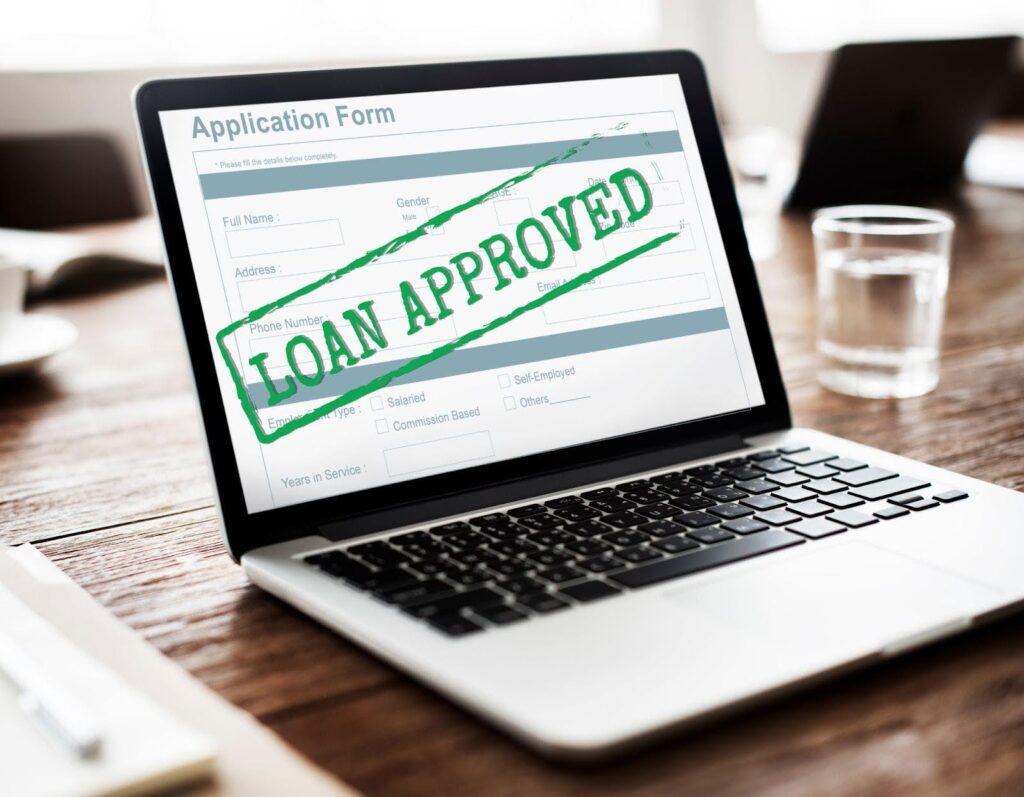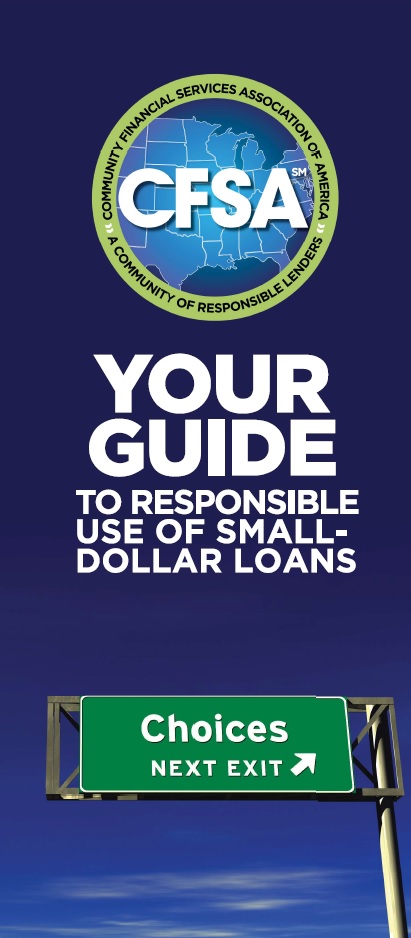Navigating the world of personal finance may seem daunting, especially when considering ways to manage debt or fund significant expenses.
Personal installment loans are a popular financial tool because of their predictable payments and fixed terms, but like any financial product, they’re not suitable for every situation.
In this blog, we’ll explore these loans as a method for debt consolidation and provide a detailed analysis to help you determine if this financial strategy fits your needs.
From understanding how these loans work to evaluating their impact on your long-term financial health, we’ll guide you through everything you need to know to make an informed decision. Keep reading to learn more.
What is debt consolidation?
The primary goal of debt consolidation is to reduce the complexity of handling multiple debt payments. This is achieved by taking out a new loan to pay off various existing debts, such as credit card balances, medical bills, high-interest loans, and other unsecured debts.
As a result, instead of multiple payment dates, interest rates, and creditor requirements, the borrower is left with one loan, one monthly payment, and one interest rate.
What are personal installment loans?
Personal installment loans are unsecured loans provided by banks, credit unions, and online lenders that borrowers can use for debt consolidation.
Unlike credit cards, which offer a revolving credit line with variable interest rates, these loans provide a lump sum of money upfront with a fixed interest rate and a consistent repayment schedule.

Key features
Fixed amount
When you take out a personal installment loan, you receive a specific amount of money all at once. This amount typically ranges from a few hundred to several thousand dollars, based on your borrower’s needs and creditworthiness.
Repayment term
Personal installment loans have a set duration for repayment, which varies from a few months to several years. The terms are agreed upon before the funds are disbursed, giving the borrower a clear timeline for repayment.
Fixed interest rates
As we mentioned earlier, one of the defining features of personal installment loans is their fixed interest rates. This means the interest rate agreed upon at the beginning of the loan term does not change, allowing for predictable monthly payments that remain the same throughout the duration of the loan.
Monthly payments
Repayment typically occurs in regular monthly installments, which include a portion of the principal amount borrowed plus interest. This structured payment schedule helps borrowers manage their budgets more effectively, as they can anticipate the exact amount they need to repay each month.
No collateral required
Most of these loans are unsecured, which means they do not require collateral like a home or car. This aspect makes installment loans more accessible to individuals who do not have assets to pledge or prefer not to risk their property.
Pros of using personal installment loans
Personal installment loans offer several advantages that may make them an attractive option for borrowers looking to manage their finances more effectively or address specific financial needs. Here are some of the key pros:
Predictable repayment schedule
One of the most significant benefits of personal installment loans is their fixed repayment schedule. Borrowers know exactly how much they need to pay each month, which helps with budgeting and eliminates any surprises associated with variable interest rates.
Fixed interest rates
As we mentioned earlier, these loans typically have fixed interest rates. This means the interest rate set at the start of the loan does not change throughout the loan term. This stability allows borrowers to plan their finances long-term without worrying about increasing rates.
Flexibility in usage
Personal installment loans can be used for a wide range of purposes, including consolidating debt, financing home improvements, covering medical expenses, or even funding a vacation. This flexibility makes them a versatile financial tool for various needs.
Potential for lower interest rates
Compared to other types of borrowing, such as credit cards, these loans can offer lower interest rates, especially for borrowers with good credit. Lower rates translate into less money paid in interest over the life of the loan.
No collateral required
Again, as we mentioned earlier, most loans are unsecured, meaning they do not require collateral like a home or vehicle. This is beneficial for borrowers who may not have assets to pledge or who prefer not to risk their assets.
Credit building
Consistently making on-time payments on a personal installment loan can help borrowers build or improve their credit scores. A higher credit score leads to better borrowing terms in the future, including lower interest rates and higher loan amounts.
Large loan amounts
Personal installment loans often provide higher borrowing limits compared to other types of unsecured credit. This makes them suitable for financing larger expenses that one might not be able to cover with a credit card or other types of smaller loans.
Early repayment options
Many lenders allow borrowers to pay off these loans early without facing prepayment penalties. This can save borrowers money on interest and help them become debt-free sooner.
Accessible even with average credit
While borrowers with higher credit scores will receive the best terms, personal installment loans are still accessible to those with average or even below-average credit. Lenders often offer tiered interest rates based on credit scores, making it possible for a wider range of borrowers to obtain financing.

Cons of using personal installment loans
While these loans offer many benefits, there are also potential drawbacks to consider. Understanding these cons can help you make a more informed decision about whether this type of loan is right for your financial situation.
Here are some of the key disadvantages:
Higher interest rates for poor credit
Although these loans offer competitive interest rates, borrowers with lower credit scores may face significantly higher rates. This makes the loan more expensive overall compared to what individuals with better credit might pay.
Longer debt obligation
Installment loans typically have longer repayment periods, which means you could be in debt for several years, depending on the terms of your loan. While the lower monthly payments can be easier to manage, the long-term commitment can be a drawback for those who prefer to be debt-free as quickly as possible.
Potential for high fees
Some installment loans come with additional fees, including origination fees, late payment fees, and prepayment penalties. These fees can add up and increase the total cost of borrowing, making the loan more expensive than initially anticipated.
Overborrowing risk
Because personal installment loans often provide access to larger amounts of money, there is a risk of borrowing more than what is actually needed. This can lead to unnecessary debt and more interest paid over time.
Impact on credit scores
Taking out a new installment loan can temporarily lower your credit score due to the hard inquiry from your credit check. Additionally, if you fail to make timely payments, your credit score can be negatively impacted, which could affect your ability to borrow in the future.
Not a solution to financial mismanagement
If the need for a loan stems from poor financial habits, an installment loan may only serve as a temporary fix rather than a solution to underlying issues. Without addressing the habits that caused the financial strain, borrowers may find themselves in a continuous cycle of debt.
These cons highlight the importance of evaluating your own financial situation and needs before deciding to take out a personal installment loan. It’s crucial to consider both the immediate benefits and the long-term responsibilities that come with this type of borrowing.
Is it the right choice for you?
Deciding if a personal installment loan is right for you involves several key steps:
- Evaluate your needs: Clearly identify why you need the loan and if it’s essential.
- Check your financial health: Review your income, expenses, debt-to-income ratio, and credit score to understand what you can afford.
- Understand the costs: Use an online loan calculator to calculate the total cost of the loan, including interest and fees.
- Shop around: Compare loan offers from various lenders to find the best terms and rates.
- Consider long-term impacts: Think about how the loan payments will affect your ability to meet other financial goals.
- Explore alternatives: Look into other financial options like saving up or using a low-interest credit card.
- Plan for repayment: Make sure you can manage the monthly payments within your budget.
- Seek advice: Consult a financial advisor if you’re uncertain about your decision.
Following these steps will help you make a well-informed decision about whether to proceed with a personal installment loan based on your financial situation and goals.
Personal installment loans from USA Cash Services
Are you considering a personal installment loan to consolidate debt or cover significant expenses? Contact USA Cash Services to explore your options. Our team is dedicated to providing you with transparent, straightforward loan solutions that cater to your unique financial needs.
With competitive rates and flexible terms, we’re here to help you make informed decisions and achieve your financial goals.
Visit USA Cash Services today to learn more and take the first step toward a more manageable financial future. Apply now and experience the peace of mind that comes with working with a trusted loan provider.



